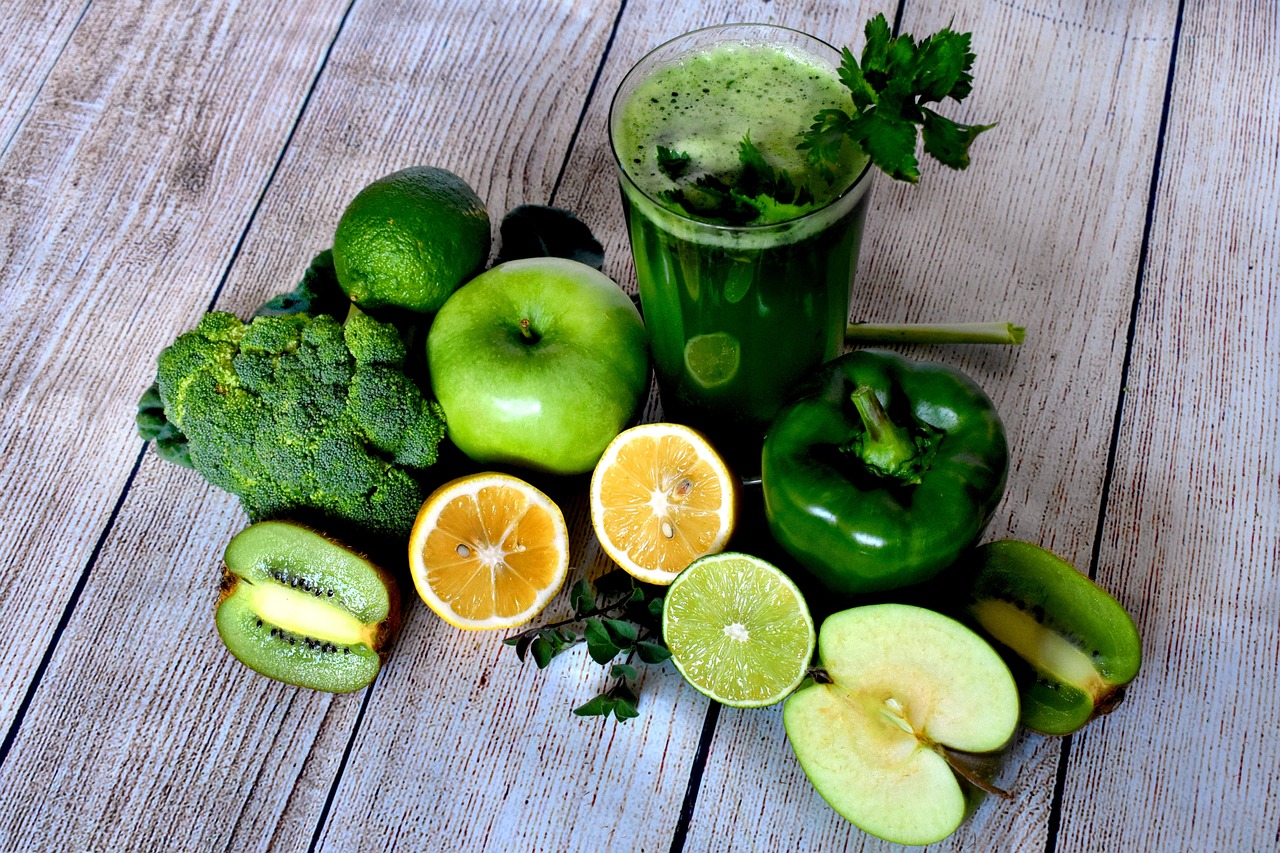
Antioxidants play a crucial role in maintaining the overall health and well-being of the body. But what precisely are antioxidants, and what are their functions? Let's delve into this fascinating topic.
To put it simply, antioxidants are compounds that protect our body against the harmful effects of free radicals. Free radicals are unstable molecules that are produced as a byproduct of normal bodily processes or introduced through external sources like pollution, UV radiation, or certain chemicals. These reactive molecules have the potential to cause damage to our cells and DNA, leading to a wide range of health issues such as chronic inflammation, accelerated aging, and even the development of diseases like cancer, cardiovascular diseases, and various degenerative conditions.
Here is where antioxidants step in. Their primary role is to neutralize these free radicals by donating an electron, thus stabilizing them and preventing the harmful chain reactions they may initiate. By neutralizing these free radicals, antioxidants effectively protect our cells and DNA from damage, and help maintain their structural integrity and optimal functioning.

The human body has its own antioxidant defense system, which includes enzymes such as glutathione peroxidase, catalase, and superoxide dismutase. These enzymes work together to counteract the effects of free radicals and minimize their impact on our health. Additionally, our body also obtains antioxidants from dietary sources, primarily through the consumption of fruits, vegetables, nuts, and seeds. Some of the most common dietary antioxidants include vitamins C and E, beta-carotene, lycopene, selenium, and flavonoids.
By ensuring an adequate intake of antioxidants, we can support our body's natural defense system and optimize its ability to neutralize free radicals. The benefits of antioxidants extend beyond their role in combating oxidative stress. They have been associated with various health benefits, including reduced risk of chronic diseases, improved immune function, enhanced cognitive function, and even anti-aging effects.

Research has shown that antioxidants can help reduce inflammation by suppressing the production of pro-inflammatory molecules and modulating the immune response. They also have the ability to repair damaged DNA, which is essential for preventing mutations that can lead to the development of cancer. Moreover, antioxidants have been found to enhance cardiovascular health by reducing oxidative stress on blood vessels and reducing the risk of developing conditions like atherosclerosis.
It is worth mentioning that while antioxidants are undoubtedly beneficial, they should not be seen as a panacea for all health issues. The effectiveness of antioxidants in maintaining health and preventing diseases varies depending on several factors, including the individual's overall lifestyle, genetics, and the balance between free radicals and antioxidants in their body. Excessive intake of specific antioxidant supplements may even have adverse effects.

It is generally recommended to obtain antioxidants from a balanced diet rather than relying solely on supplements. By consuming a variety of fruits, vegetables, whole grains, legumes, and nuts, we can ensure a well-rounded intake of antioxidants, as these foods are naturally rich in a wide array of beneficial compounds. Colorful fruits and vegetables, in particular, are known to be abundant in antioxidants.
In conclusion, antioxidants play a crucial role in the body by protecting our cells and DNA from the damaging effects of free radicals. By neutralizing these reactive molecules, antioxidants help prevent oxidative stress, chronic inflammation, and the development of various diseases. Maintaining a balanced diet that includes a variety of antioxidant-rich foods is essential for supporting our body's natural defense system and promoting optimal health.